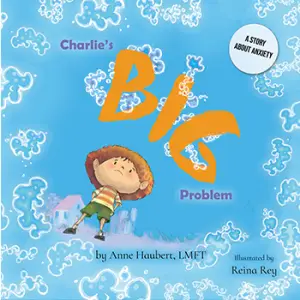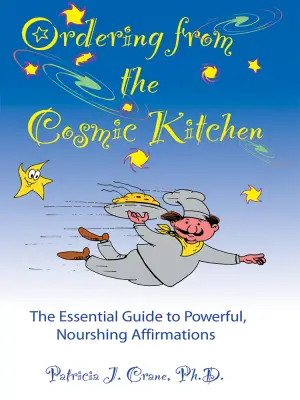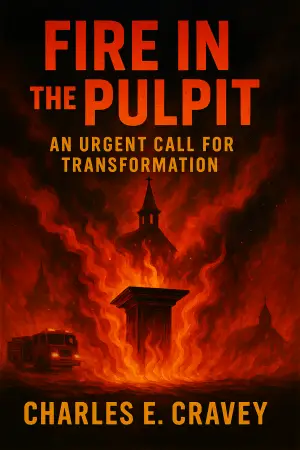Review of Being Jewish After the Destruction of Gaza: A Reckoning by Peter Beinart
In a world that often feels deeply divided, Peter Beinart’s Being Jewish After the Destruction of Gaza: A Reckoning offers a poignant mirror to our conversations about identity, responsibility, and the complex layers of human conflict. I picked up this book feeling the weight of recent events tightly tethering the Jewish experience to the broader narratives shaping our global community. Beinart’s exploration of these themes resonated with me deeply as someone seeking not just answers but understanding in a time of turmoil.
The core of Beinart’s argument is a bold call for a new narrative surrounding the Israeli-Palestinian conflict. He challenges readers to confront the uncomfortable truths surrounding Israel’s actions post-October 7th, suggesting that to genuinely care for the hostages, we cannot support a war that perpetuates suffering on both sides. Importantly, he critiques the narrative upheld by organizations like the American Jewish Council, which often obscures historical context to maintain a singular perspective on victimhood. This relevance of history—the Book of Joshua’s narrative of conquest, for example—serves as an anchor for Beinart’s plea for a more equitable future where solidarity can transcend an identity rooted solely in grief.
Beinart’s style is accessible yet intellectually rigorous, combining personal anecdotes with historical analyses. His pacing feels deliberate, allowing the weight of his arguments to settle into the reader’s consciousness. Most striking for me was his recounting of the 1948 expulsion of Palestinians, accompanied by harrowing details that illustrate the human cost behind political narratives—the injustices and suffering that have, for generations, sowed the seeds of conflict. Quotes like, “In Gaza, Israel isn’t fighting citizens of another country. It’s fighting people who hold no citizenship…” resonate deeply and provoke reflection. Such directness invites readers to grapple with the stark realities faced by Palestinians, reminding us of the urgency for change.
One of the standout elements of the book is Beinart’s confrontation of how language shapes perception, particularly around the terms “anti-Zionism” and “anti-Semitism.” This exploration felt particularly timely. As discussions around these terms can often devolve into deafening miscommunication, Beinart’s analysis sheds light on their misuse in public discourse, framing calls for equality not as threats but as paths toward peace.
As I closed the book, I found it beckoning to not just Jewish readers but to anyone interested in social justice, history, and the complex interplay of identity and politics. Beinart’s call for a transformation rooted in empathy is compelling. His work challenges us to rethink our positions and responsibilities in a world that demands greater accountability.
Ultimately, Being Jewish After the Destruction of Gaza: A Reckoning is more than just a critique; it is a hopeful vision of possibility, where human dignity is placed above all. It is an invitation—for dialogue, reflection, and, most importantly, a conversation about what it truly means to coexist in a fractured world. This book not only informed me; it changed me, urging me to look within at my understanding of equity and justice. If you seek a thoughtful, provocative read that encourages deep reflection on complex human experiences, I wholeheartedly recommend this book.
Discover more about Being Jewish After the Destruction of Gaza: A Reckoning on GoodReads >>






